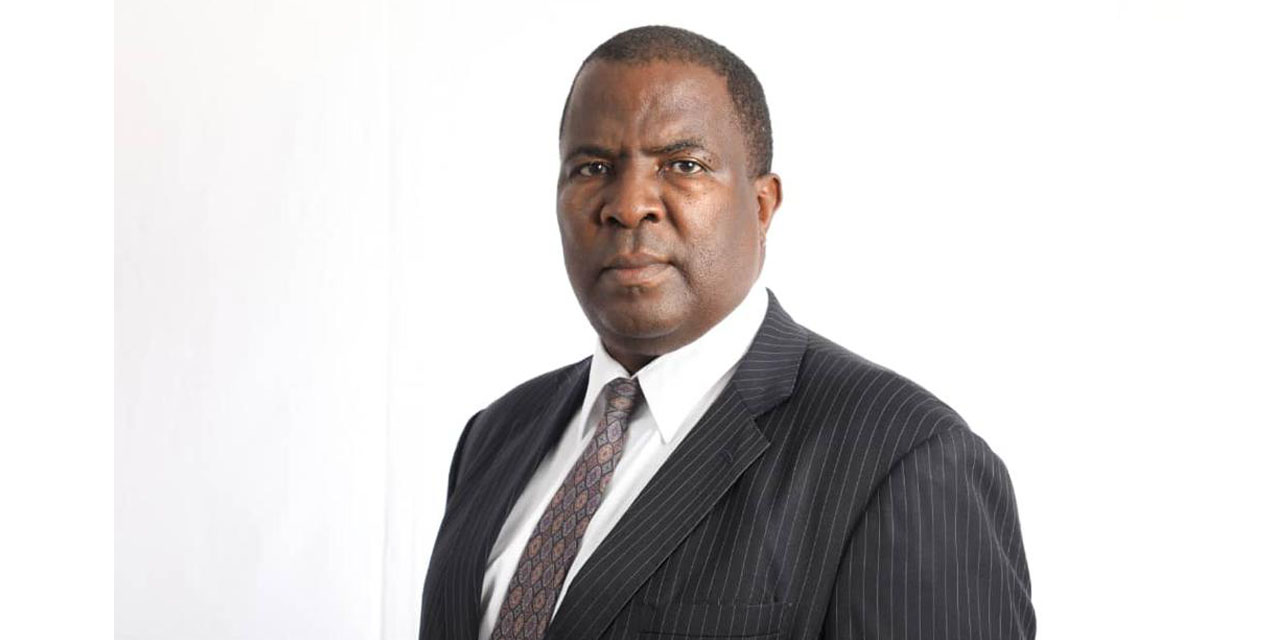Niël Terblanché
The outrage created by the Office of the Prosecutor-General’s planned combined training of magistrates and public prosecutors on matters relating to the Prevention of Organised Crime Act and money laundering came to a head when the Office of the Judiciary halted the action until further notice.
Bernhardt Kukuri, the Executive Director of the Office of the Judiciary said in a statement yesterday that an urgent meeting between his office, the Magistrates Commission, the Office of the Prosecutor General and the Law Society of Namibia resulted in the parties agreeing to reschedule the training for further engagement with stakeholders on the best way to proceed.
Earlier this week several legal practitioners raised serious concerns that the combined training of magistrates and public prosecutors will lead to the blurring of the line that separates judicial powers in Namibia. The law practitioners were united in their opinion that the continuation of the training would eventually lead to judicial chaos in Namibia.
Legal practitioners were unanimous in their opinion that circumstances, where prosecutors and magistrates receive the same training, will create a dire threat to the independence of Namibia’s judiciary.
The outraged legal practitioners stated that training, as well as the management of magistrates, should be provided by the Office of the Judiciary and not the Ministry of Justice to achieve a clear separation of powers in Namibia’s lower courts as is the situation with the Justices serving in the High Court and Supreme Court.
Kukuri in his statement said: “The remainder of the ongoing Prevention of Organised Crime (POCA) and Anti-Money Laundering training series which commenced on 17 – 18 April 2023 in Windhoek, Oshakati, and Keetmanshoop, organized by the Office of the ProsecutorGeneral to capacitate Namibian criminal justice system role players on technical aspects has been postponed.”
Kukuri made the announcement following the invite of the Office of the Prosecutor-General to a range of actors in the Namibian justice system to attend the POCA and Anti-Money Laundering training series.
“However, a misunderstanding of the intended purpose of the training ensued due to a delayed communique,” Kukuri said.
He said that the training was organized to provide guidance to key criminal justice role players on section 32 of the Prevention of Organised Crime Act, Act no 29 of 2014 which deals with confiscation orders, and particularly confiscation inquiries.
Kukuri said that henceforth, a multi-sectorial stakeholder consultation will be arranged with a view to discussing modalities for future training for role players in the criminal justice system.
The platform will also identify areas of possible collective training from the different justice systems and subject matter experts from the various sectors for an all-inclusive training where all participants can share experiences and challenges as well as practical measures to address challenges.
“The Judiciary is committed to maintaining the rule of law and upholding its judicial independence in the execution of its mandate,” Kukuri concluded.




